Checklists of common signs associated with dyslexia can give a rough idea of whether dyslexia may be the root cause of a child’s learning difficulties.
Don’t expect a dyslexic child to answer ‘yes’ to every single checklist item, though. Every dyslexic child has different strengths and weaknesses. Your child may even have built up strategies or ‘work-arounds’, which can mask dyslexia.
However, if the answer to more than 10 of these questions is ‘yes’, there is a chance your child could be dyslexic.
Reading
Does your child…
…refuse to read long books or ones with small text?
…enjoy being read to, but won’t read alone?
…read a page of a book, but then has little or no idea what the story is about?
…read and re-read the same paragraph in order to understand it?
…add words into sentences when he’s reading, or miss words out?
…often read a word correctly and then, further down the page, read the same word incorrectly?
…read some long, complicated words correctly, but misread some short, easy words?
Writing
Does your child…
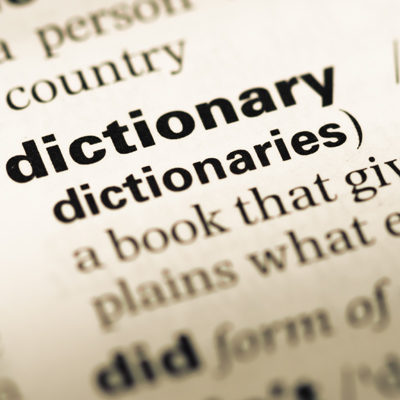 …use mostly phonetic spellings (at an age when her classmates don’t)?
…use mostly phonetic spellings (at an age when her classmates don’t)?
…spell the same word two or three different ways on a single page?
…jumble up letters within a word (e.g. ‘siad’ for ‘said’)?
…form some letters back-to-front?
…use a mixture of small letters and capitals (e.g. use a capital letter in the middle of a word)?
…find it hard to use a dictionary?
…make many more spelling errors in written work than in spelling tests?
…use apostrophes in her writing, but balance the apostrophe over random letters?
…find it hard to put her great ideas down on paper?
…regularly get told to hurry up with her written work?
…use spellings that suggest she doesn’t hear words quite right (e.g. ‘massif’ for ‘massive’)?
…make errors when she copies writing from the whiteboard or textbook?
Speaking
Does your child…
…often mispronounce words that contain F, TH and V?
…call objects ‘thingamy’ or ‘whatsit’ because he can’t remember the right word?
…substitute a similar but wrong word for the one he means (e.g. ‘door step’ instead of ‘door mat’)?
…jumble up the order of sounds in a word (e.g. ‘aminal’ for ‘animal’)?
…struggle to give quick answers to questions?
Maths
Does your child…
 …have trouble with times tables?
…have trouble with times tables?
…use pen and paper to work out simple maths problems?
…write numbers back-to-front or upside-down?
…often make mistakes when reading or writing down long numbers?
…learn a maths skill, but then can’t remember it a week later?
…do far better in class work than in maths tests?
…find sequences difficult?
Everyday life
Does your child…
…find it hard to sit still (especially when cross-legged on the floor)?
…often get left and right mixed up?
…find it hard to tell the time?
…grip his pen in a way that seems strange or uncomfortable?
…find it difficult to recite the months of the year backwards?
…always arrive late?
…struggle to remember a list of instructions?
…come up with outside-the-box solutions to problems?
…get called lazy or sloppy?
…often joke that he’s stupid?
A longer and more comprehensive version of this checklist can be found in my book, Defeat Dyslexia!: The Parents’ Guide to Understanding Your Child’s Dyslexia.
Still not sure if your child is dyslexic? Check out my post on the key signs of dyslexia.

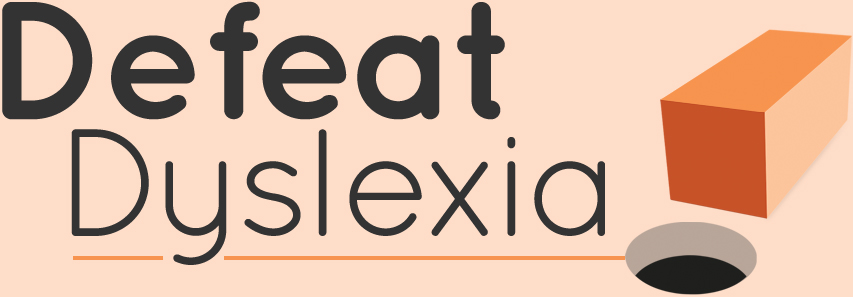

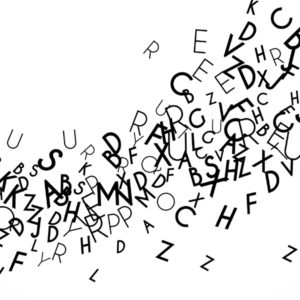
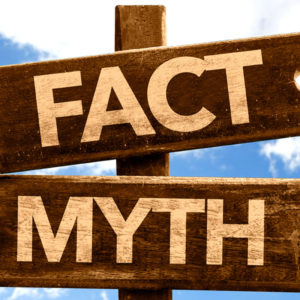
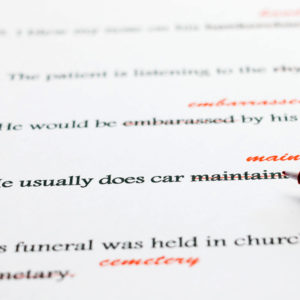





3 Responses
6 signs of a compensating dyslexic | Defeat Dyslexia
[…] dyslexic traits include thinking of the right word or number, but writing down a different (wrong) one, due to […]
Ask the Dyslexia Lady: 'Homework takes hours – could it be dyslexia?' - Defeat Dyslexia
[…] Dyslexia checklist […]
"Dyslexia was invented by Nazis" and other weird dyslexia web searches - Defeat Dyslexia
[…] Dyslexia checklist […]